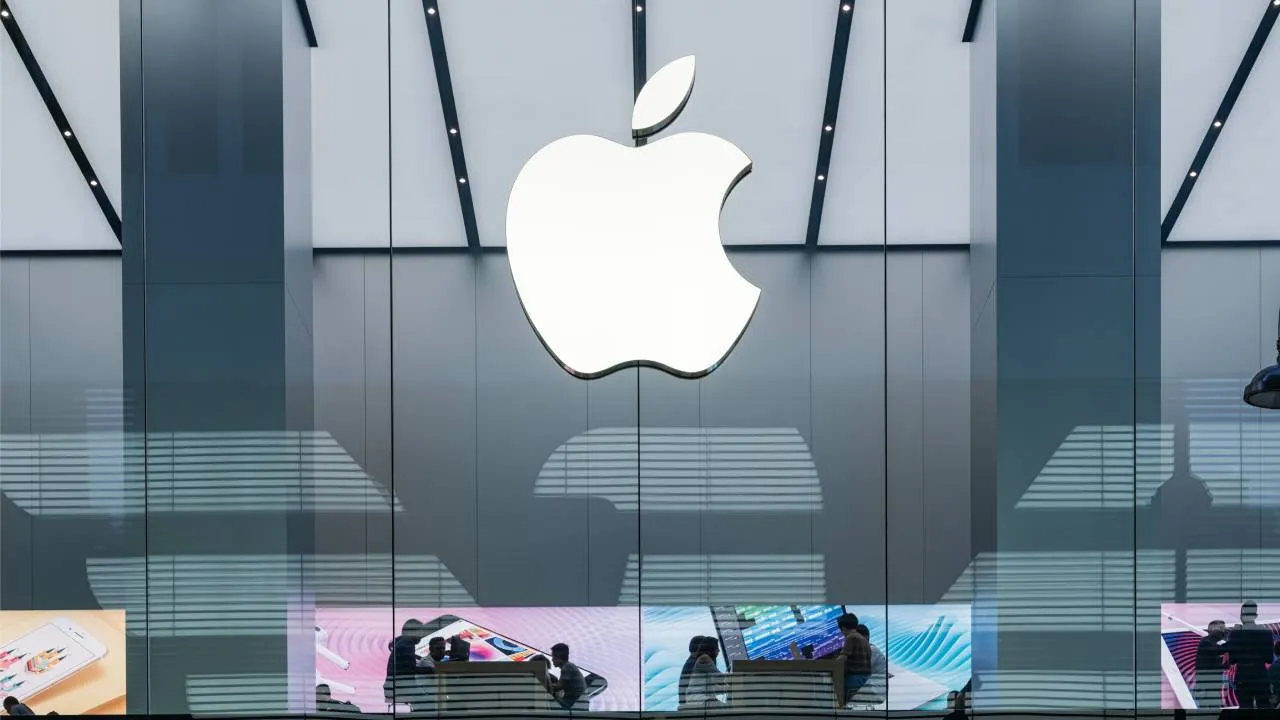In a decision with potentially major implications for NFT and crypto builders, a United States federal appeals court has ruled that Apple violated California’s Unfair Competition Law by forbidding app developers from using any alternative payment method besides those of the tech giant’s own App Store, which levies a 30% fee on most transactions.
The ruling, made late Monday by the U.S. Court of Appeals for the Ninth Circuit, came as part of a re-evaluation of a 2020 lawsuit filed by Fortnite creator Epic Games against Apple over the tech giant's alleged monopoly in the mobile games market. Apple mostly prevailed in that lawsuit in 2021, as well as in Monday’s decision, with judges in both instances finding that Apple does not have a monopoly over gaming apps.
But the victories came with a major caveat. The case’s initial judge said in 2021 that by preventing app developers from directing customers to alternative payment methods, Apple was stifling fair competition. Monday’s panel upheld that finding. Epic Games founder and CEO Tim Sweeney tweeted that “Apple prevailed” broadly, but championed Epic’s one win on Monday.
Fortunately, the court's positive decision rejecting Apple's anti-steering provisions frees iOS developers to send consumers to the web to do business with them directly there. We're working on next steps.
— Tim Sweeney (@TimSweeneyEpic) April 24, 2023
“Fortunately, the court's positive decision rejecting Apple's anti-steering provisions frees iOS developers to send consumers to the web to do business with them directly there,” Sweeney tweeted. “We're working on next steps.”
If left standing, the decision could have myriad benefits for Web3 app developers. Last September, Apple opened its App Store to NFTs—but only to NFTs sold through its own payments system, which takes a 30% cut of most transactions.
That massive tax was bitterly received by the Web3 community. Access to the App Store—and the over 1 billion iPhones and iPads it reaches—represents a huge opportunity for Web3 companies looking to break into the mainstream.
But given Apple’s payment policies, that opportunity came at a cost too great for most developers to bear. For context, popular NFT marketplace OpenSea has historically charged a 2.5% commission on NFT sales; the company even recently eliminated that fee to better position itself against competitors.
Apple’s chokehold on NFT-powered apps offered in its store was further cemented in October, when the company updated its policies to explicitly state that NFTs can only be used to unlock additional content or features within an app if those NFTs were purchased via Apple’s in-app payment system.
The move put further restrictions on token-gating—the increasingly popular practice of granting NFT holders access to exclusive communication channels, merchandise, and other perks—by only enabling such utility if developers caved and contended with Apple's 30% cut of sales.
But given Monday’s ruling, the landscape for NFTs could soon look quite different. Apple told Boomberg that it is “considering further review” of the decision. But if Apple doesn’t appeal or if the ruling is again upheld, then NFT developers may be able not only to use NFTs purchased across the internet to unlock features in iOS apps, but also to direct users within those apps to purchase NFTs on sites that don’t charge exorbitant fees.
Furthermore, an easing of such restrictions may permit for the use of cryptocurrency in app-related transactions—a development that Apple’s policies currently prohibit.

